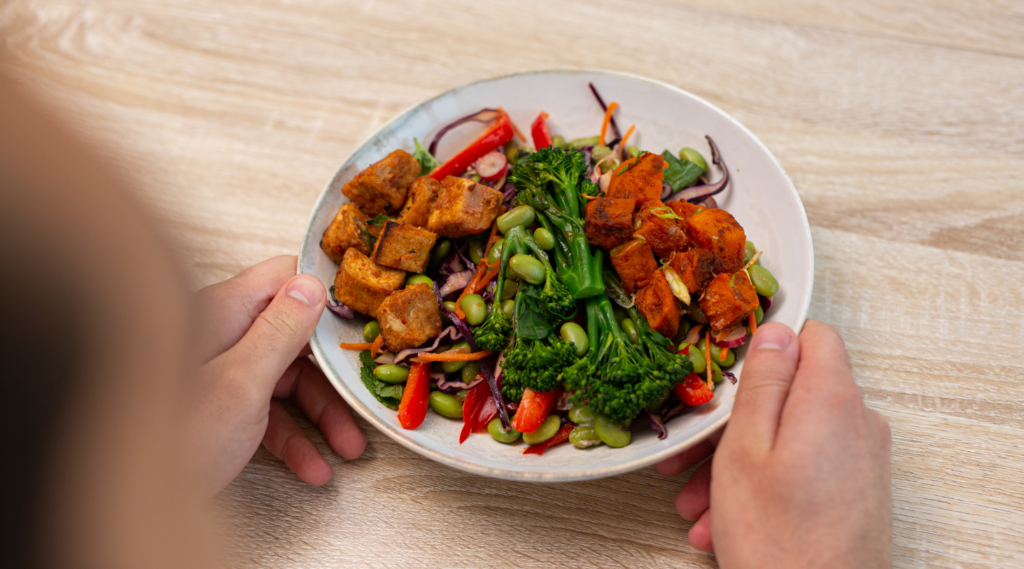Does Microwaving Food Kill Its Nutrients?

Microwave ovens are a staple in modern kitchens, praised for their speed and convenience. However, concerns often arise about whether microwaving food might diminish its nutritional value. Let’s dive into this topic, separating fact from fiction and addressing common concerns.
Understanding Microwave Cooking
Microwaves cook food using electromagnetic radiation. This radiation causes water molecules in food to vibrate, producing heat that cooks the food. This method differs from conventional cooking, which often relies on direct contact with heat sources such as flames or hot metal.
Debunking the Myth: Does Microwaving Kill Nutrients?
The belief that microwaving food depletes its nutritional content more than other cooking methods is widespread. However, here’s what the science says:
- Cooking Time and Nutrient Retention: Microwaving often cooks food faster and at lower temperatures compared to traditional cooking methods. Shorter cooking times can actually help preserve heat-sensitive nutrients such as vitamins C and B vitamins.
- Use of Water: Microwaving does not usually require large amounts of water. Cooking methods that immerse food in water, like boiling, can lead to nutrient loss as vitamins and minerals leach into the water. Since microwaves can cook food with minimal water, they can help retain these water-soluble nutrients.
- Effect on Antioxidants: Some studies suggest that microwaving might even boost the bioavailability of certain antioxidants. For example, research has indicated that microwaving carrots increases the concentration of carotenoids, beneficial antioxidants.
- Preserving Food Structure: Unlike some aggressive forms of cooking, such as grilling at high temperatures, microwaving is less likely to cause destructive changes in the chemical structure of food.
Pros and Cons of Microwaving
To give a balanced view, let’s explore the advantages and disadvantages of using a microwave:
Pros:
- Efficiency: Microwaves cook food quickly, saving energy and time.
- Nutrient retention: As discussed, microwaving can preserve nutrients effectively compared to some traditional cooking methods, such as boiling or frying.
- Safety: Microwaves reduce the risk of burns from hot surfaces and oils, and they can effectively kill bacteria when foods are heated to the right temperature.
Cons:
- Uneven Cooking: One drawback is that microwaves can sometimes cook food unevenly, which can be mitigated by stirring or rotating the food during cooking.
- Texture Changes: Some foods might not get as crispy in a microwave as they do with other cooking methods, which can be a downside for those who prefer a crispy texture.
- Limitations: Not all materials are safe for microwave use (e.g., some plastics), and using inappropriate containers can pose health risks.
To conclude, microwaving food is a safe, efficient, and nutritionally advantageous method of cooking. It does not inherently destroy nutrients; in fact, it can preserve them better than some traditional methods. As with any cooking method, understanding how to use it effectively is key to getting the best results.
While some nutrient loss is inevitable with any cooking method, microwaving, when used correctly, can be a convenient and efficient way to prepare meals while preserving much of their nutritional value. To maximise nutrient retention, adopt healthy cooking practices like using minimal water, shorter cooking times, and microwave-safe containers.
Fresh Fitness Food provides personalised meal plans delivered straight to your door, ensuring not only that you have the nutrients you need to manage your stress levels, but also that you have the time usually spent shopping, cooking and washing up, to engage in your favourite stress-reducing activity.
Order today and start smashing your goals with personalised nutrition!
Get £50 off a 5-day trial with code: BLOG50. Start your trial here!
- The Comfort of Tradition: Why We Crave Holiday Foods - December 23, 2024
- Is There a Place for Ultra-Processed Foods in Your Diet? - November 29, 2024
- Tempeh and Quinoa Power Bowl Recipe - November 7, 2024